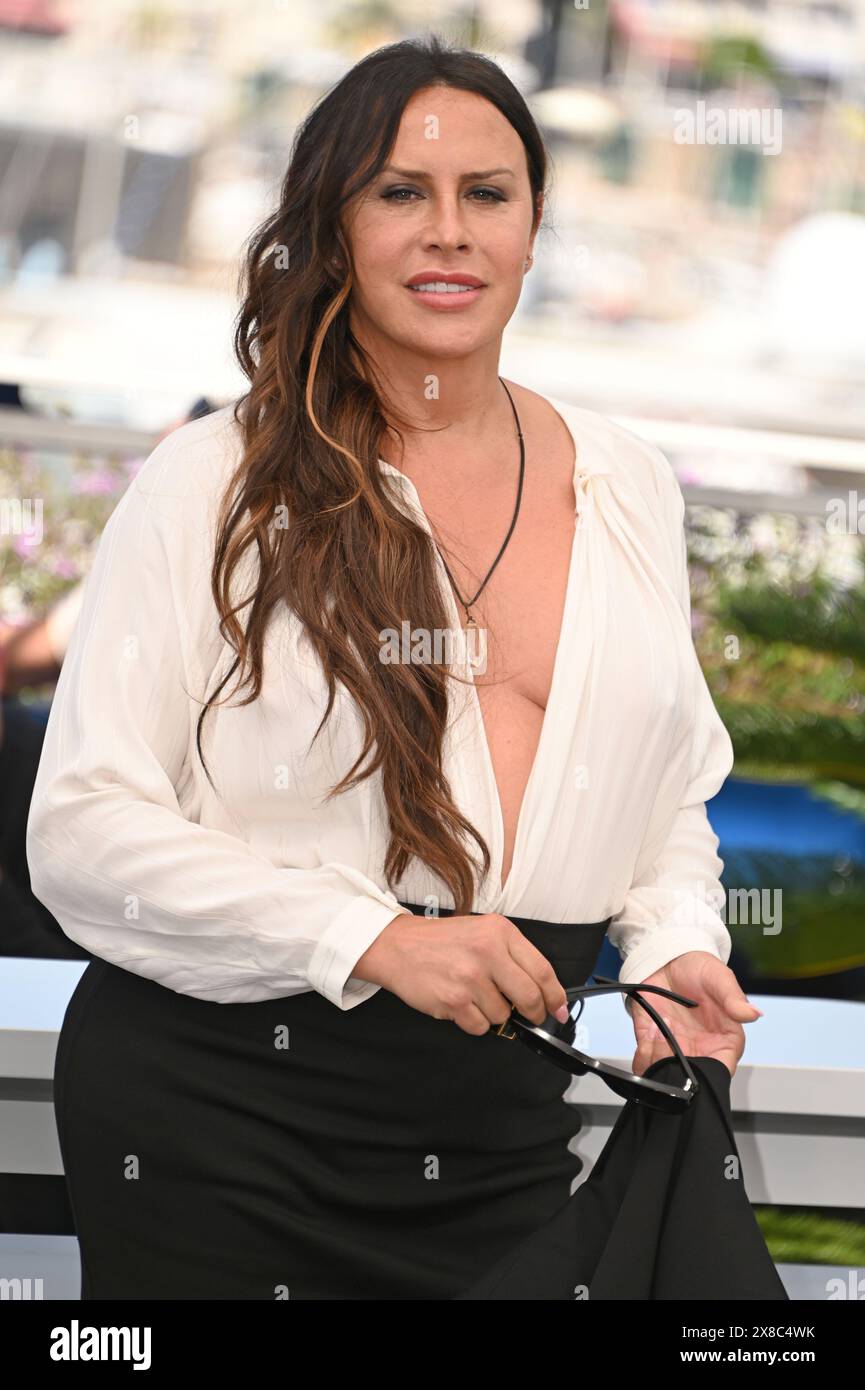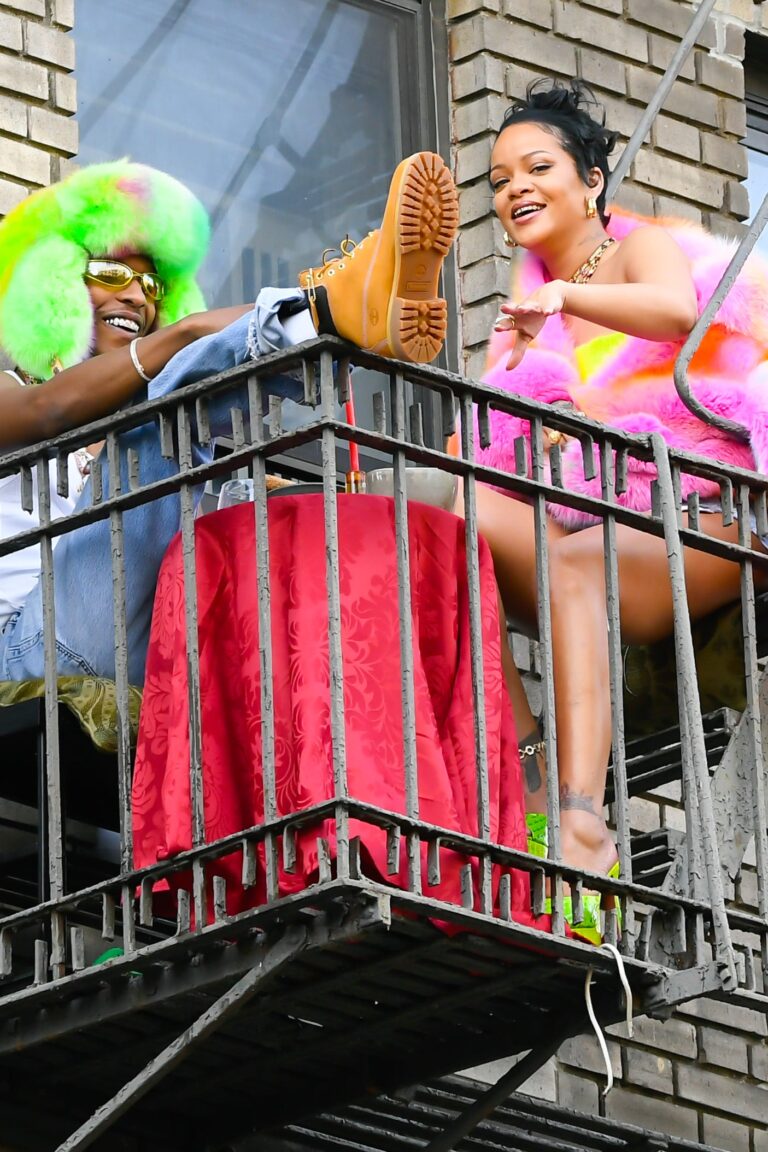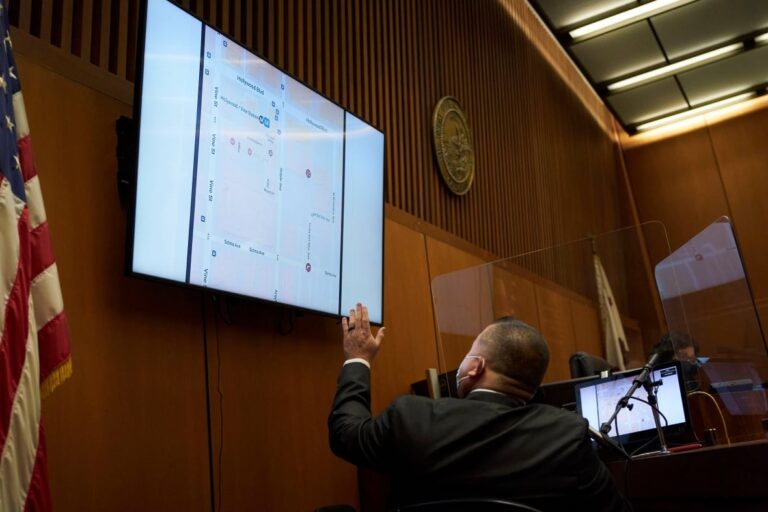
A Journey Through Identity, Art, and Redemption: The Story of Karla Sofía Gascón
Once in a while, the world of art and cinema showcases incredible individuals who not only create masterpieces but also challenge societal norms and push boundaries. One such person is Karla Sofía Gascón, the first openly trans woman to receive an Oscar nomination. However, a recent storm of controversy has surrounded her, leading her to step back from the limelight. To understand this situation, let’s delve into her story, the challenges she’s faced, and what it means for the film industry and society as a whole.
Karla Sofía Gascón is not just a talented actress; she’s a trailblazer. Born in Mexico, she grew up in a world that often misunderstood or overlooked people like her. As a transgender woman, Gascón has navigated a path filled with challenges, struggling against prejudice and fighting for recognition in an industry that hasn’t always been welcoming. But despite the struggles, she persevered, showcasing her undeniable talent to earn her place in Hollywood as an Oscar nominee. This achievement makes her a symbol of hope and inspiration for many people, especially those within the LGBTQ+ community.
However, the road to success is often rocky. Recently, a critical interview with famous filmmaker Jacques Audiard prompted Gascón to reflect on her journey and the impact of her words. Audiard, known for his sharp critiques, labeled Gascón’s past behavior as “inexcusable.” His comments sparked a wave of backlash, leaving Gascón in a tough spot as she faced public scrutiny. Audiard’s criticisms didn’t just affect her personally; they had repercussions for the cast and crew of the film she worked on, creating a tense atmosphere that made many wonder about the future of her career.
When Gascón responded, she didn’t lash out or defend herself aggressively. Instead, she took a moment to prioritize the film’s legacy over her own image. By choosing to step back from the spotlight, Gascón emphasized that her work—her performances, her characters—should speak for themselves. This decision shows a level of humility and reflection that many might not expect from someone facing criticism, especially considering the intense pressure and expectations that come with being in the public eye.
In her response, Gascón expressed deep regret for any harm her previous comments might have caused. This sentiment is powerful and resonates with many people, illustrating the importance of taking responsibility for one’s actions. It’s not uncommon for individuals to make mistakes, especially when navigating complex identities and social landscapes. What’s vital is recognizing those missteps, learning from them, and striving to do better—something Gascón has made clear she intends to do.
One major component of this controversy is the idea of accountability. In a world where people are quick to make judgments and cast stones, Gascón’s willingness to admit her faults serves as a reminder that everyone deserves a second chance. It reflects a broader truth about our humanity: we all make mistakes, yet we have the power to grow and evolve if we take the necessary steps. Her journey is a testament to the importance of self-reflection—a skill that’s essential not only in Hollywood but in everyday life as well.
Gascón’s story also emphasizes the role of communication in building relationships, both personally and professionally. Whether it’s on social media, in interviews, or during creative collaborations, the words we choose to share can greatly impact others. For Gascón, a trans activist and artist, her platform carries significant weight, especially for young LGBTQ+ individuals looking for representation and validation. The responsibility that comes with such visibility is immense, and missteps can lead to real-world consequences, as we’ve seen with this situation.
However, stepping away from the spotlight doesn’t mean Gascón is abandoning her influential role in the film industry. Instead, it’s a moment for her to regroup, reconsider her approach, and hopefully emerge stronger and wiser. Often, in popular culture, we see individuals who face backlash retreat into silence, while others double down on their viewpoints. Gascón’s choice to prioritize the greater good—and the integrity of her work—demonstrates a selflessness that is commendable. It’s not just about her legacy; it’s about preserving the film’s message and purpose.
Amid all this, it’s important to remember the power of art. Art can shape perspectives, tell stories that need to be told, and inspire change in society. Gascón, through her performances, has the unique ability to bring visibility to trans issues and experiences. For many viewers, seeing a talented trans woman on screen can be an empowering experience, highlighting both the struggles and triumphs of a community that has historically been marginalized. As she steps back to focus on her work, the hope is that she can continue to harness her talent to facilitate important conversations about gender, identity, and acceptance.
Lastly, it’s crucial for us as a society to foster environments where forgiveness and understanding are emphasized. Instead of shunning those who make mistakes, we should encourage dialogue, compassion, and personal growth. Each of us has a role to play in this journey. Through our responses to news and controversies, we can choose to build bridges rather than walls.
So, what does the future hold for Karla Sofía Gascón? Only time will tell. But as we contemplate her journey, it’s essential to remember the lessons we can learn from it. In a world filled with diverse voices and stories, Gascón stands as a figure of resilience who embodies the complex intersections of identity, art, and personal growth.
What do you think about Gascón’s decision to step back during this controversy? Do you feel that public figures should be held accountable for their words, and how do you think they can best navigate their responsibility in the spotlight? Share your thoughts in the comments below!






